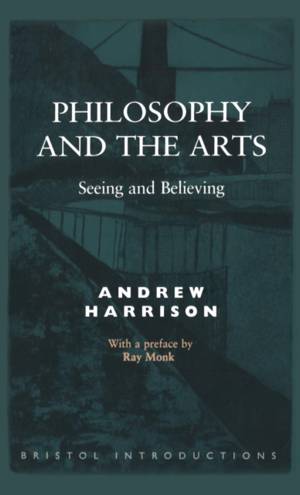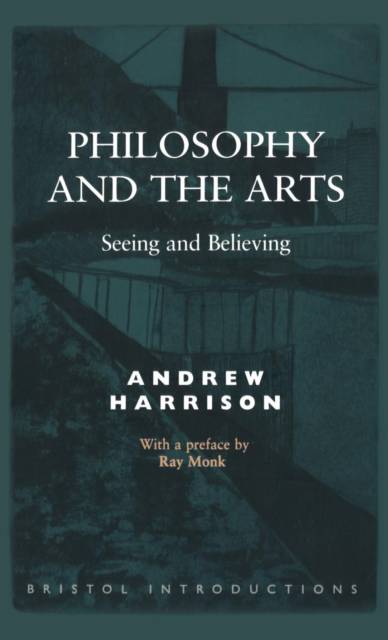
- Afhalen na 1 uur in een winkel met voorraad
- Gratis thuislevering in België vanaf € 30
- Ruim aanbod met 7 miljoen producten
- Afhalen na 1 uur in een winkel met voorraad
- Gratis thuislevering in België vanaf € 30
- Ruim aanbod met 7 miljoen producten
Zoeken
€ 228,95
+ 457 punten
Omschrijving
This text is part of the "Bristol Introductions" series which aims to present perspectives on philosophical themes, using non-technical language, for both the new and the advanced scholar. This introductory text examines how questions of understanding the pictorial and narrative arts relate to central themes in philosophy. It addresses such issues as: how can pictorial and narrative arts be usefully contrasted and compared?; what in principle can be, or cannot be, communicated in such different media?; why does it seem that, at its best, artistic communication goes beyond the limitations of its own medium - seeming to think and to communicate the incommunicable?; and what kinds of thought are exercised in the pictorial and narrative arts? Both refer to or represent what we take the world to be, and in so doing make the concepts of aesthetic judgement and imagination unavoidable. The ways of understanding art are ways of understanding what it is to be human. Much of what baffles or misleads us in the arts invokes what puzzles us about ourselves. The issues raised are therefore central to philosophy as a discipline - failures in understanding art can be philosophical failures.
Specificaties
Betrokkenen
- Auteur(s):
- Uitgeverij:
Inhoud
- Aantal bladzijden:
- 236
- Taal:
- Engels
- Reeks:
Eigenschappen
- Productcode (EAN):
- 9781855064997
- Verschijningsdatum:
- 15/04/1996
- Uitvoering:
- Hardcover
- Formaat:
- Genaaid
- Afmetingen:
- 140 mm x 216 mm
- Gewicht:
- 421 g

Alleen bij Standaard Boekhandel
+ 457 punten op je klantenkaart van Standaard Boekhandel
Beoordelingen
We publiceren alleen reviews die voldoen aan de voorwaarden voor reviews. Bekijk onze voorwaarden voor reviews.











